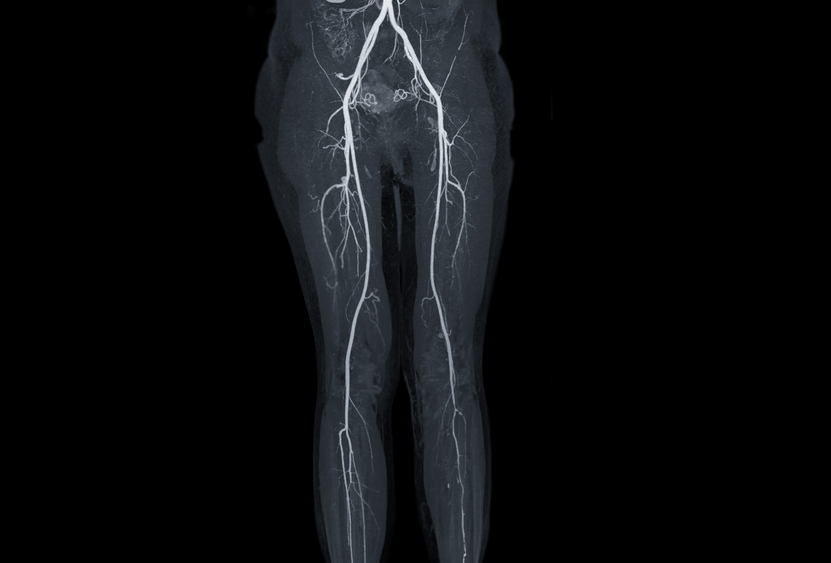Topic: Heart Health
Erection Problems in African American Men and Solutions
BLACK MEN HAVE ERECTION PROBLEMS TOO! Studies reveal that approximately 40% of Black men over the age of 40 experience some form of erection problems also called "erectile dysfunction." This prevalence increases with age and with increasing chronic disease burden,…

Cholesterol Medicine Intolerance in African Americans
When my patients have high cholesterol levels, I frequently suggest starting a statin (a cholesterol medicine) to bring the levels down and, therefore, lower their risk for heart attack, stroke, and circulation problems. Many are scared to start the medications…

Fish Oil Benefits for African Americans
Fish oil and African Americans There a lot of people taking fish oil capsules as a supplement on a daily basis. Where did that come from? Why is it important? It has been shown that people who eat more fish…

Garlic and African American Health
My African American patients are always talking about taking garlic rather than starting blood pressure or cholesterol-lowering medications. But what is the truth about the benefits of garlic? And how much should you take? It is true that garlic health…

Salt Intolerance is Killing the Black Community: Understand Why
The biggest dietary message that I give to my patients is to decrease their consumption of salt in their diet in order to lower their blood pressure and, therefore, lower their chances of suffering a heart attack, stroke, kidney failure,…

“PVD”- Peripheral Vascular Disease & African Americans
"My Legs are Tired" People who experience poor circulation often see changes in the color of the skin of their legs and encounter problems walking long distances. As one person described, "I have to sit down because my legs get…

Heart Disease & the Black Community
African Americans have the worst heart and stroke outcomes of all. African Americans are at a higher risk than White Americans for heart diseases, as evidenced by their: Hypertension, or high blood pressure, is a serious health concern,…

Magnesium Deficiency and African American Health
9 out of 10 Older Black Adults Have Low Magnesium Minerals like magnesium are vital to maintaining good health, and magnesium specifically plays a key role in controlling diabetes and promoting healthy blood vessels. Unfortunately, many people are not aware…

African Americans Need to Walk More! More Daily Steps Tied to Better Overall Health
Regular exercise has always been associated with better health. Still, with newer smartphones, watches, and “wearables,” we can now measure more accurately how much walking and exercise we get in a day. Unfortunately, we in the Black community do not…

Low Potassium and African Americans
Potassium doesn’t get enough credit as a very beneficial nutrient to good health and potassium deficiency (low potassium) has been directly related to high blood pressure, heart problems, diabetes, muscle weakness, fatigue, and much more. Multiple studies have confirmed that…









